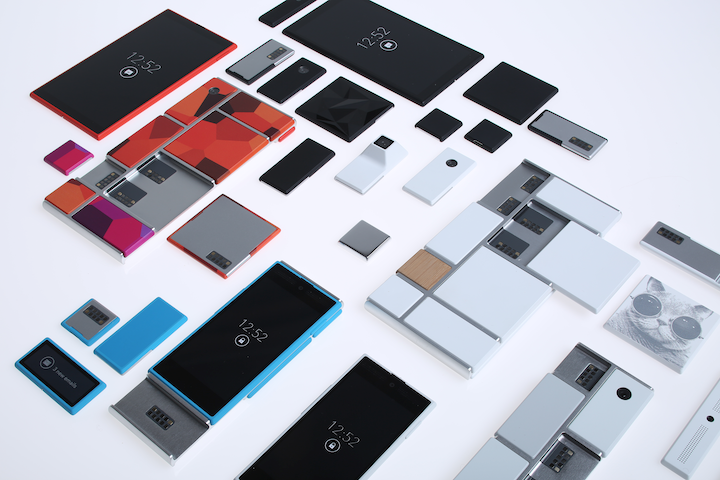Google’s Project Ara initiative to build a commercially viable modular smartphone is one step closer to becoming a reality with the latest updates given to developers during the Project Ara developers conference of which the first day was livestreamed on Wednesday. The key updates from the first day centered on what Google will offer developers in order to assist them in building working modules, as well as confirming details on how the pilot program will work.
First, the major reason that Puerto Rico was chosen was due to the fact that it features aspects of developed and developing mobile infrastructure, such as full FCC regulation, simultaneous US carrier and international carrier presence, along with a population that relies heavily on smartphones and tablets for internet access instead of conventional PCs. The pilot project will be supported by local carriers Claro, of which the network was formerly owned by Verizon Wireless, and Open Mobile, who operate the first 4G LTE network on the island.
Before the pilot program can launch sometime later this year, the development of the next version of the hardware platform in “Spiral 3” must be completed, which is intended to feature 4G LTE access, significant battery life improvements and a fix for the magnets that are the main attachment points for Ara modules, as the current “Spiral 2” prototypes have issues with magnet base strength and longevity.
The “Spiral 3” hardware update is also intended to feature day-long battery life, but the development team has conceded that a battery swap would be allowed during the development phase in order to reach the milestone.The Ara design team has so far developed 11 module reference designs and by the time the Spiral 3 hardware platform is finished sometime this year, Google hopes to have 30 modules that work with the Ara platform.
The bigger questions that are expected to be answered with the pilot program center on addressing the depth of customization that will be offered with the platform to avoid customer confusion and buyer’s remorse, as well as figuring out how to offer the base hardware and modules in terms of pricing and availability, since Google will be handling the logistics of module delivery, with additional concessions made to developers in order to avoid unsold module inventory in case the pilot program proves unsuccessful. There will be a dedicated Android app made available to handle every aspect of the customization and purchase process, with Google also offering hands-on demos of the Project Ara platform once the pilot program launches.
